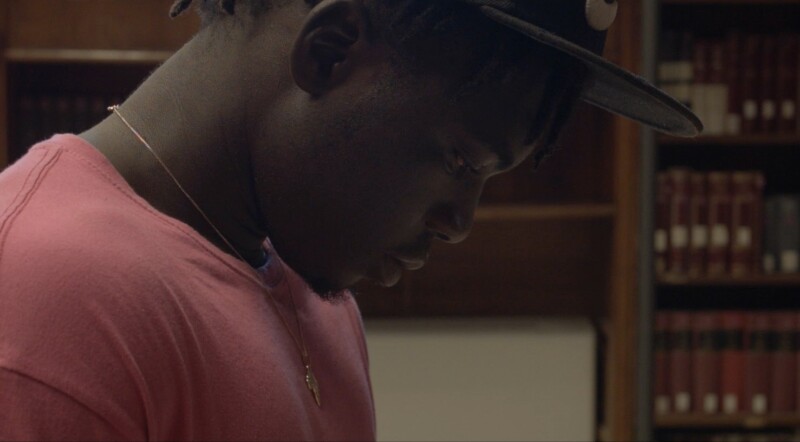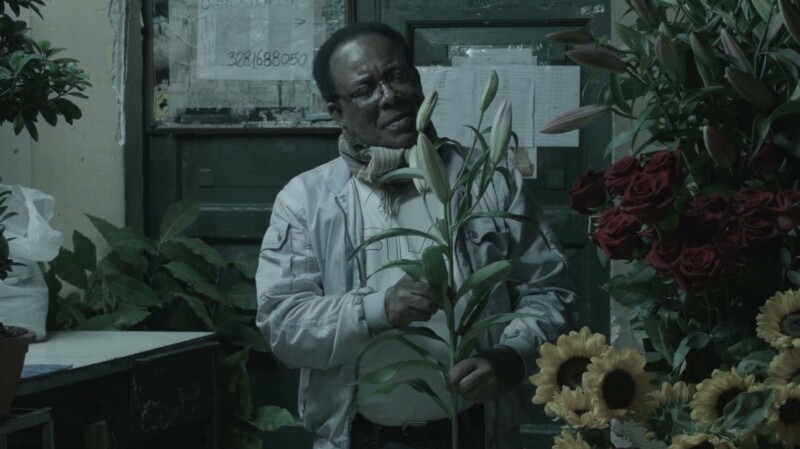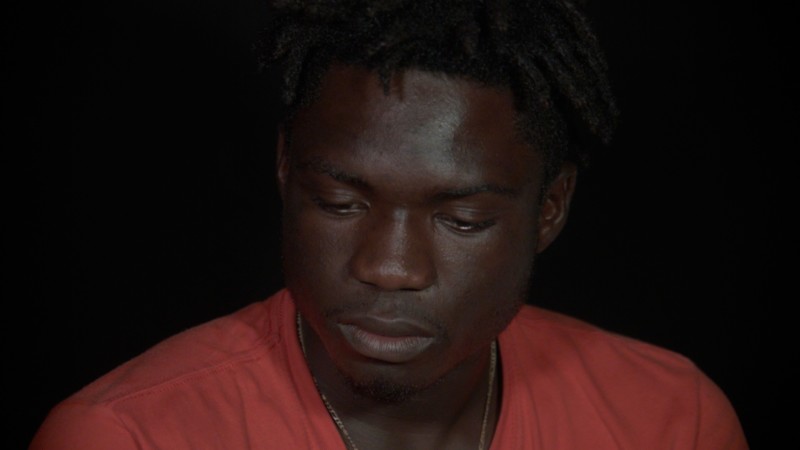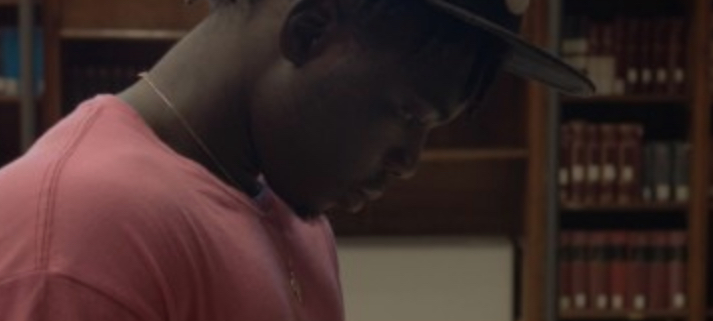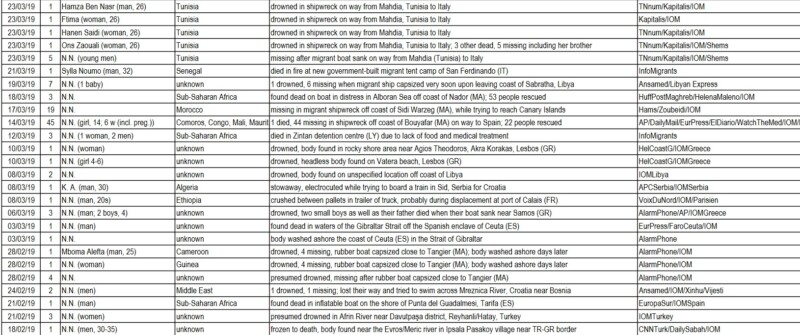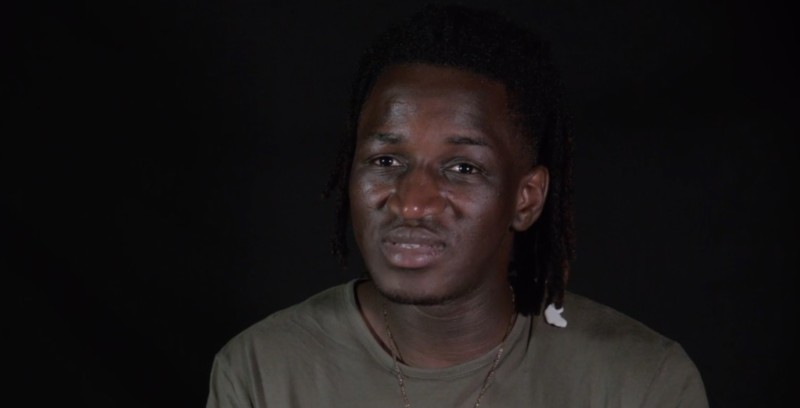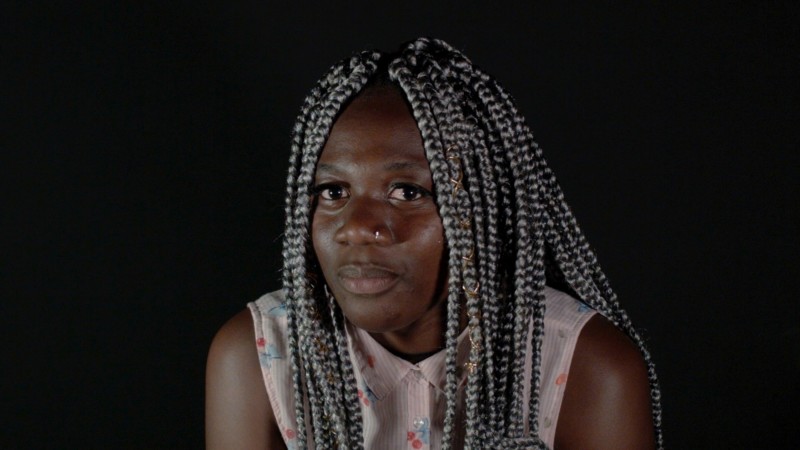Fatima D. comes from Gambia and arrived in Palermo in May 2017 as a minor. She goes to school, attends the conservatory and spends her free time in Ballarò, the historical center of Palermo. Ballarò is the meeting point of various migrant communities and also the central place of Fatima’s daily life: here she shops, goes to the hairdresser, meets friends. Fatima, as she says, still lacks people whom she trusts. Her main reference person is her mother, whom she always goes to for advice as her main reference person. They can only talk on the phone, as her mother did not come to Italy with her.
Fatima’s future dream is to become a singer and musician. Her wish came about through a spontaneous encounter with a drum teacher who saw her playing the djembé, and helped her enroll at the conservatory.
How were the films and fragments in Palermo made?
Diawara B. and Diallo S. from Giocherenda held a three-day workshop with six participants in Palermo: Glory M., Fatima D., Ismail A., Kadijatu J., Marrie S. and Mustapha F. Mixing different approaches and games, the group exchanged personal experiences and shared them in the black box in front of the camera. Furthermore, Fatima D., Ismail A. and Mustapha F. consented to being portrayed in short films by the We Refugees Archive film crew beyond the workshop. The portraits deal with their lives in the city.
Giocherenda is a professional organization led by, for and with young refugees in Palermo that offers storytelling games. Its aim is not to help refugees and support them, but the opposite: refugees bring locals together for the sake of exchanging their experiences with refugees.
The word Giocherenda stems from the Fula language Pular, primarily spoken in Guinea, and connotes solidarity, interdependence and strength generated from people getting together. Phonetically, it resembles the Italian word “giocare” (to play), which inspired the collective to develop games for the sake of producing narratives and personal memories.
Refugees’ perspectives
In the interviews, the film crew consciously abstained from screenplays and standardized questions. Instead, the refugees directed the course of the interview and discussed only those topics they were willing to speak about. With We Refugee Archive’s mission in mind, the participants’ personal experiences in Palermo and their visions for the near future was the rough focal point. Thus, experiences during and personal trajectories of forced migration to Europe were shared and discussed at the individual’s own will and not required nor elicited on demand.
Direction: Francesca Bertin
Camera: Max Sänger
Production: Francesca Bertin
